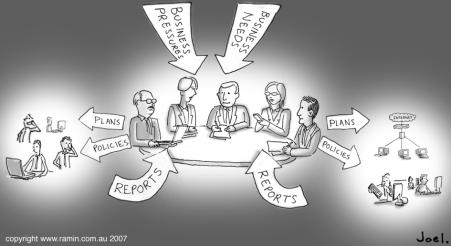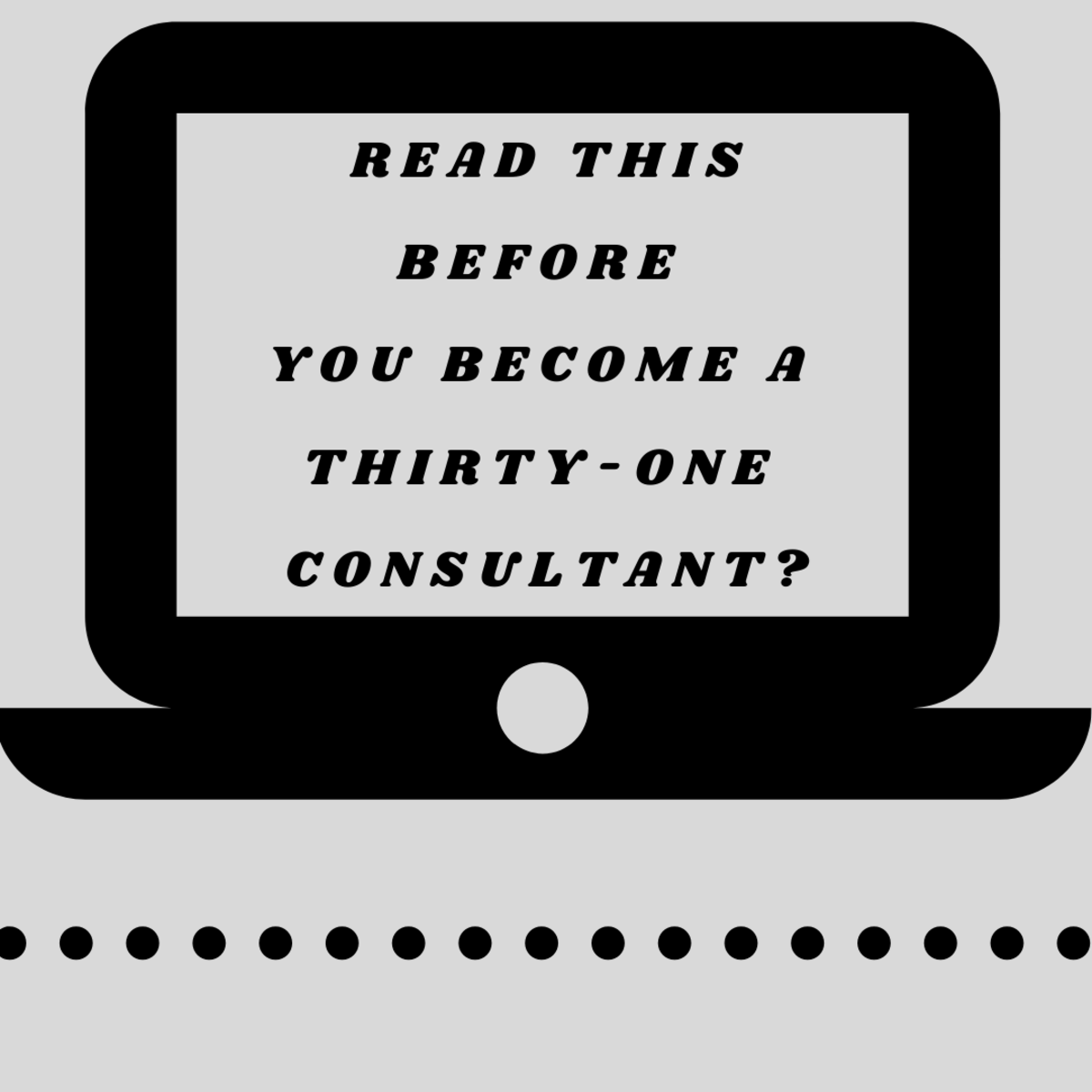Using Consultants is Good Governance

I was recently reflecting on the use of consultants in organisations and the impact that they have on ensuring that projects and key strategic initiatives are achieved.
In conversations with some peers we were reflecting on the value that consultants bring to organisations and their impact on good governance practices.
As with all good debates there are two sides to any story and the use of consultants is no different. Some see them as expensive resources that take your ideas and concepts and make them their own. Others see them as essential to sense check the activity of management that may be wedded to an idea or concept.
Firstly we need to understand the role of consultants and then unpack the benefits that they can bring to key strategic initiatives.
The Role of Consultant
I have worked with consultants over the years to assist on a range of initiatives. I remember the first time that I met with a consultant, and how it felt like that they were stealing my ideas. The consultant asked me about the travel industry, getting everything I knew and learning about the key players. When the advice was received back it was all of my information and recommendations being played back in a nicely worded document and folder.
I went and spoke to one of our General Managers about the report and he told me that the role of a good consultant is to review the information and to confirm the strategy. This means that we are on track (or in some cases off track) and it is good to get this information confirmed.
Consultants are used to confirm strategy, or to redirect strategy based on new information. They are also there to provide good governance and to evaluate the risks of any activity.
So, it is not unusual to feel that sometimes the role of consultant is redundant, but it plays a very useful role in other ways.
Good Governance
Sometimes a Board will require a consultant to review and endorse a project. There are many reasons for this, but a primary driver is risk mitigation. A good example is when a business wants to invest in a new business. Management will conduct the project, complete due diligence and develop the business case. A consultant can add value and reduce risk by reviewing the concept and the financials to ensure that the business plan is achievable and that the financial model will deliver this return. This independent review gives comfort to the Board to approve the venture.
Sometimes a consultant will sit on Project Boards or business Boards in order to provide independent, objective and unrelated feedback, governance and strategic advice. When one is independent there is ‘no skin in the game’, so the ability to challenge is more apparent and expected.
Other reasons to have an independent consultant on a Project Board include:
- Helps the project program manager to see the forest from the trees, especially if they have delivered a similar project in the past
- It provides a third party audit of the Board’s activity, especially for the Project Owner and the greater organisation’s Board
- It provides a formal check and balance at each stage of the project. In effective, as a risk mitigator, it protects everyone on the project if something goes wrong, providing that the advice has been accepted and implemented
From a participant perspective, it is imperative that the Project Board members interact with the consultant and seek their advice, especially on governance principals and stage analysis.
The upshot is to use consultants to your advantage, engage with them and it will help to reduce the risk to your project/business. Cheers Michael









